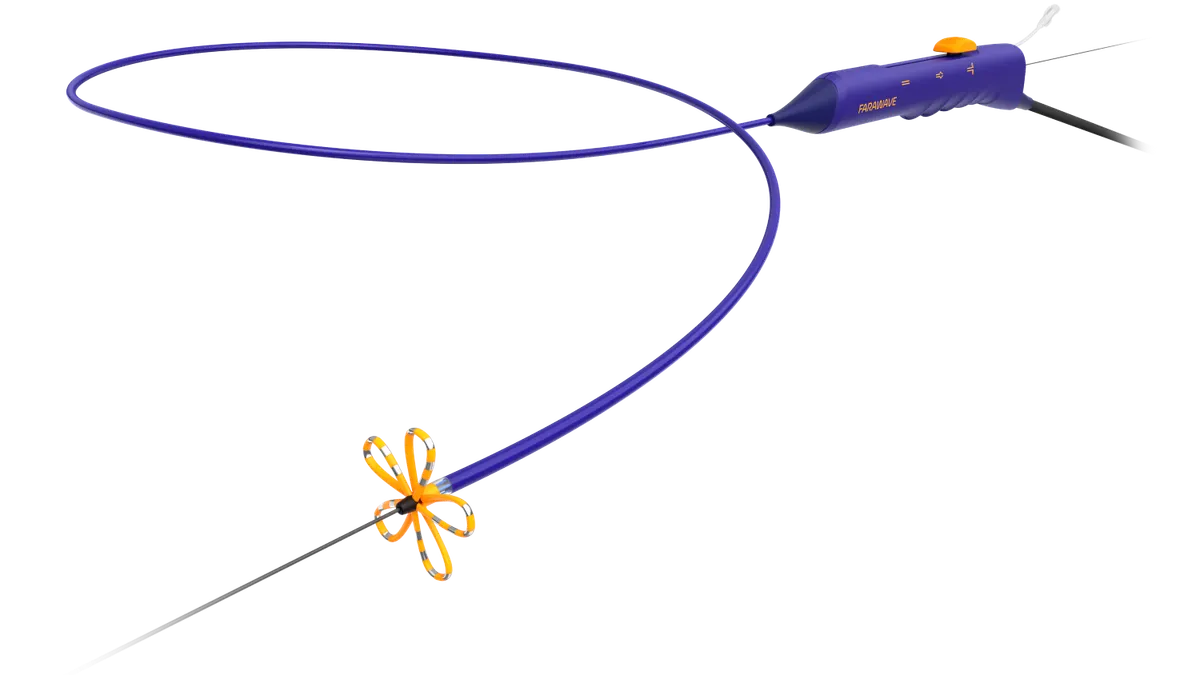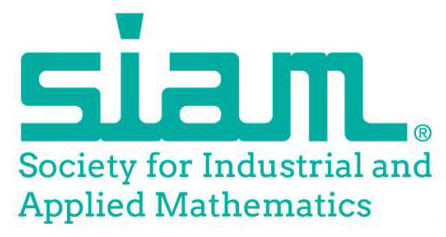Dive Brief:
- The Centers for Medicare and Medicaid Services has finalized a payment policy that covers cardiac catheter ablation procedures in ambulatory surgery centers for the first time.
- The Heart Rhythm Society’s advocacy arm representing electrophysiologists called the final rule, which is effective Jan. 1, 2026, a milestone for the field. “This change expands Medicare beneficiary access to EP services and represents one of the most significant federal advancements in how and where EP care is delivered in more than two decades,” the group said.
- Wall Street analysts said the new ASC reimbursement payment could boost atrial fibrillation procedure volumes, potentially benefiting Abbott, Boston Scientific, Johnson & Johnson and Medtronic.
Dive Insight:
Medicare previously covered electrophysiology ablations only in hospital outpatient departments due to concerns about whether ASCs could safely support the procedures.
The American College of Cardiology and HRS in recent years have supported CMS allowing ablation procedures to be performed in ambulatory centers, reflecting clinical evidence, ASC outcome data, technological improvements and private payer experience.
“In the 2026 final rule, CMS recognized how much the field has advanced, including better safety data, more efficient workflows, and major improvements in technology, and concluded that EP ablations are now appropriate for the ASC setting,” said Heart Rhythm Advocates, the HRS advocacy arm.
Allowing ASCs to begin offering EP ablations to Medicare beneficiaries will expand geographic and scheduling access and reduce system bottlenecks, the group said.
J.P. Morgan analysts, in a note Sunday, said that while the CMS codes don’t specify which ablation modality is used, they expect pulsed field ablation will be the first adopted outside the hospital setting “given its superior safety outcomes.”
Analysts at Citi Research on Monday said the new policy, covering cardiac ablation and mapping, “is one that likely layers in over time as cardiovascular ASC stand-up requirements vary by state.”













